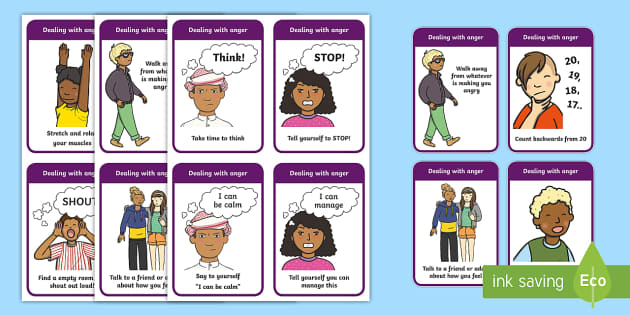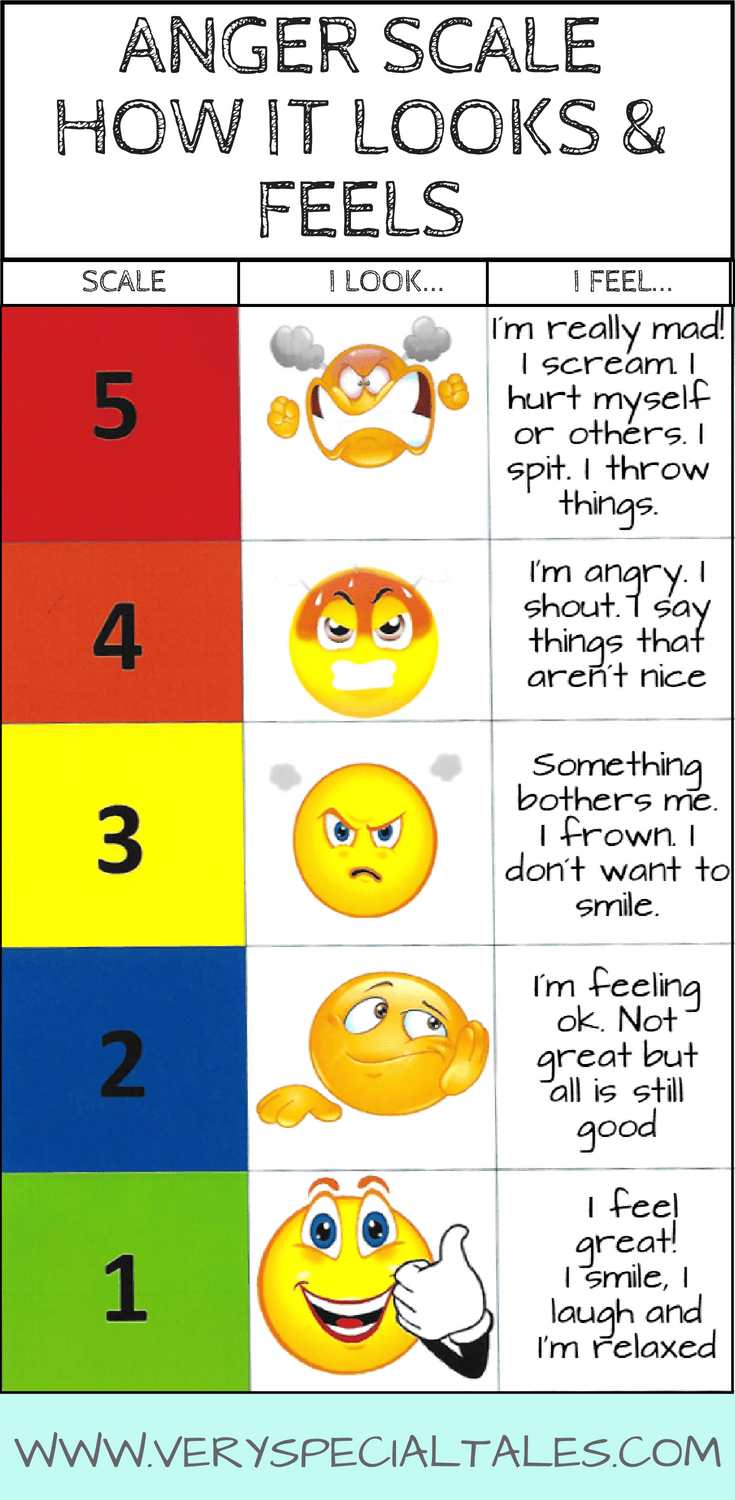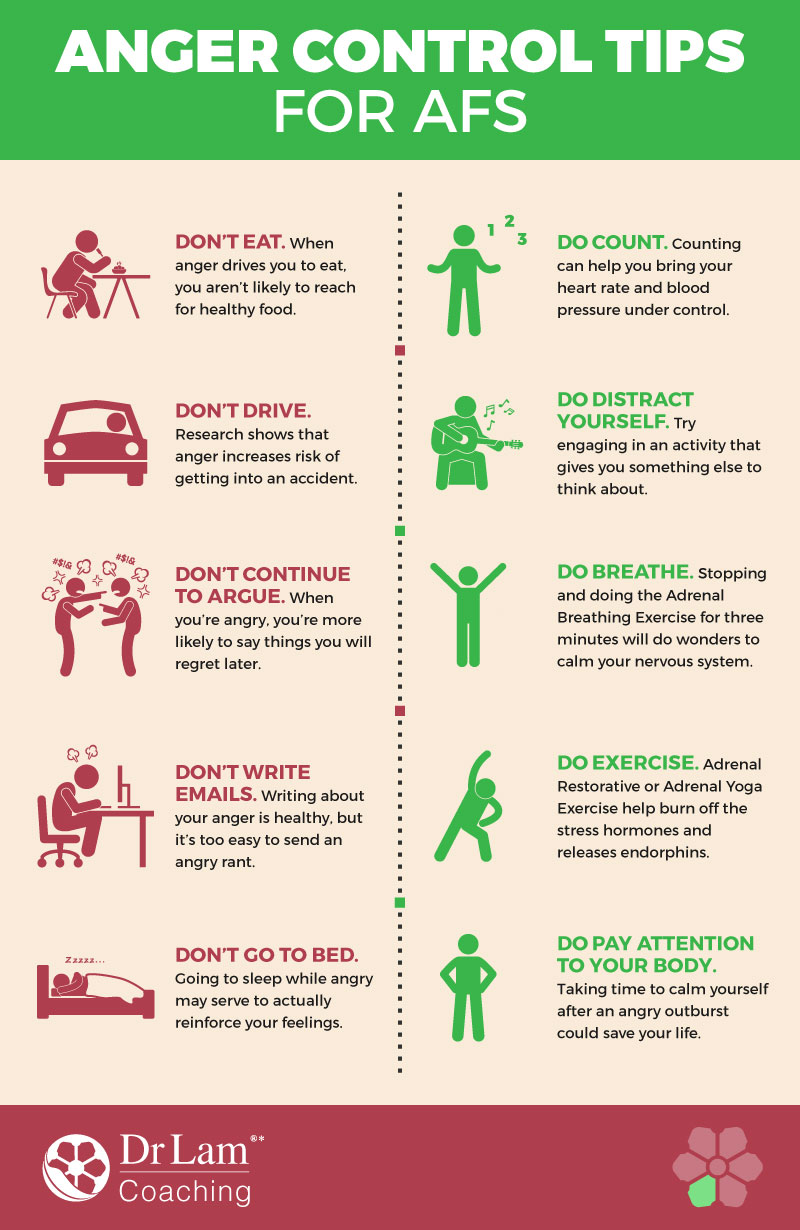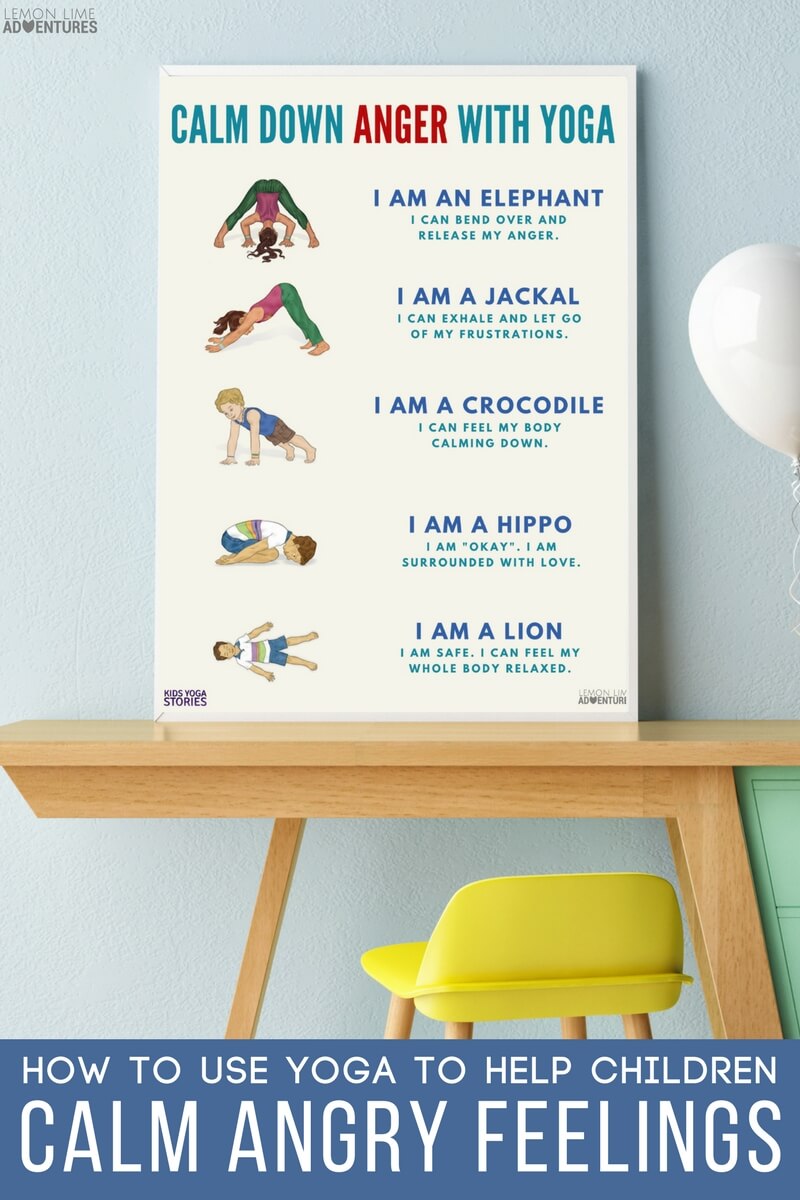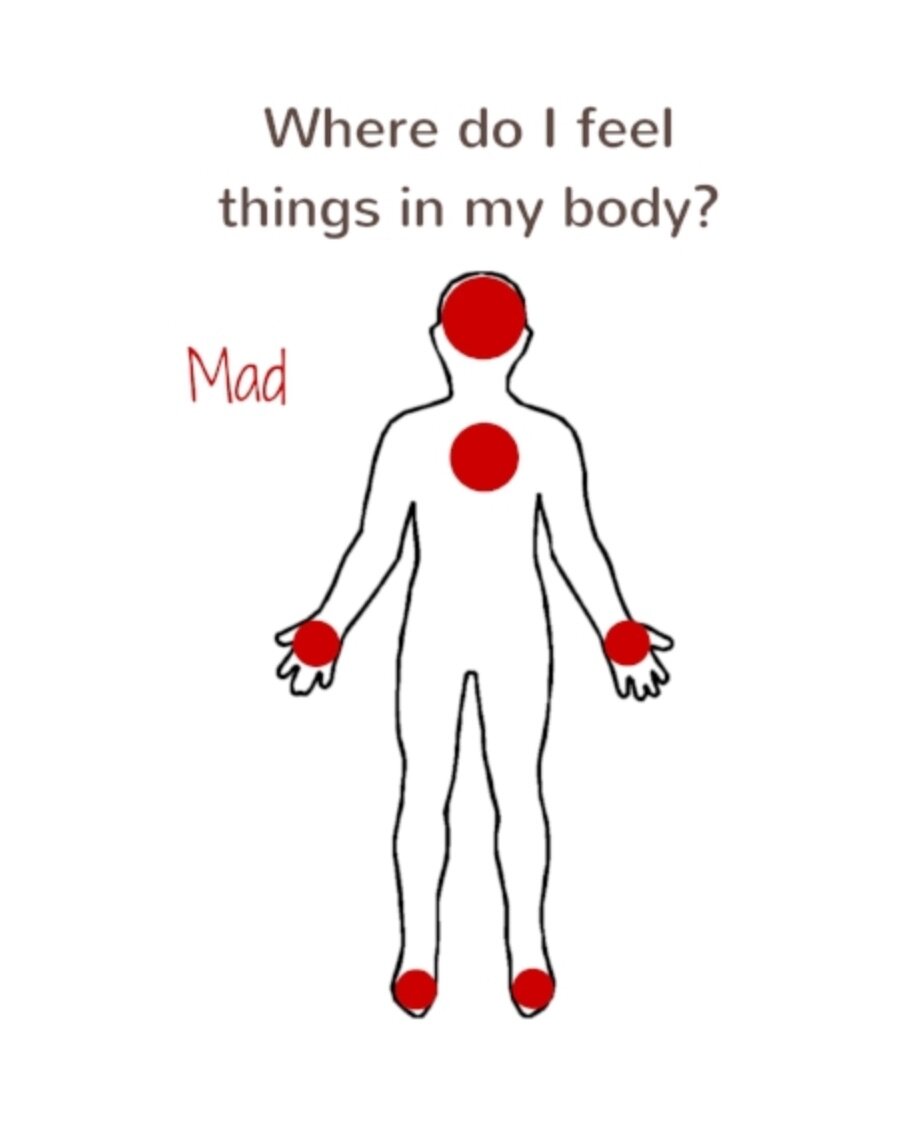Recommendation Tips About How To Help With Anger

Strategies to keep anger at bay relaxation simple relaxation tools, such as deep breathing and relaxing imagery, can help calm down angry feelings.
How to help with anger. Use the what makes me angry worksheet to encourage the teen to recognize that they have ultimate control over their anger. Ad counseling by online chat, video or phone anytime, anywhere. To help prevent tantrums or anger, you can:
Cognitive behavioral therapy (cbt) cbt is a psychotherapy technique used in a variety of. One way to help someone who is struggling with anger is to help them find an outlet for their anger. Make sure your child gets enough sleep.
Most people believe that it’s other people’s behavior that makes them angry. Your son is texting at the dinner table;. She says, “taking the time to.
Mcinnis suggests some strategies that can help you deal with a person who has anger issues: 22 hours agofirst, recognize that anger is normal: While it may seem counterintuitive, tuning.
10 tips to tame your temper 1. Diaz says, telling kids it’s “ok to feel angry’’ is an important step in helping them understand the difference between the feeling and appropriate ways to respond. Ensuring children’s biological needs including food, sleep, movement, housing,.
From a preventative standpoint, there are many strategies to help with anger management. Understand the ultimate source of your anger: There are specific actions you can take to address feelings of anger and resentment in more healthy and helpful ways:
Praise positive behavior, no matter how small. When it comes to kids and anger, it can help to remember a few simple facts: Practice identifying and allowing yourself to.
There are many techniques that can help you cool down and keep your anger in check. First, anger is a basic human emotion. Below are some of the most effective forms of therapy used to treat anger.
Focus on the physical sensations of anger. Ask them to make a list of what makes them angry. James 1:19 explains that people are to be quick to hear, quick to listen, slow to speak, and slow to become angry (niv).
Stay calm and try not to lash out in response, even if it’s difficult. This can be in the form of exercise, writing, or anything that allows them to release their. 2 taking deep breaths, for example, can calm your child's mind.

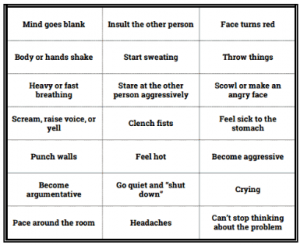
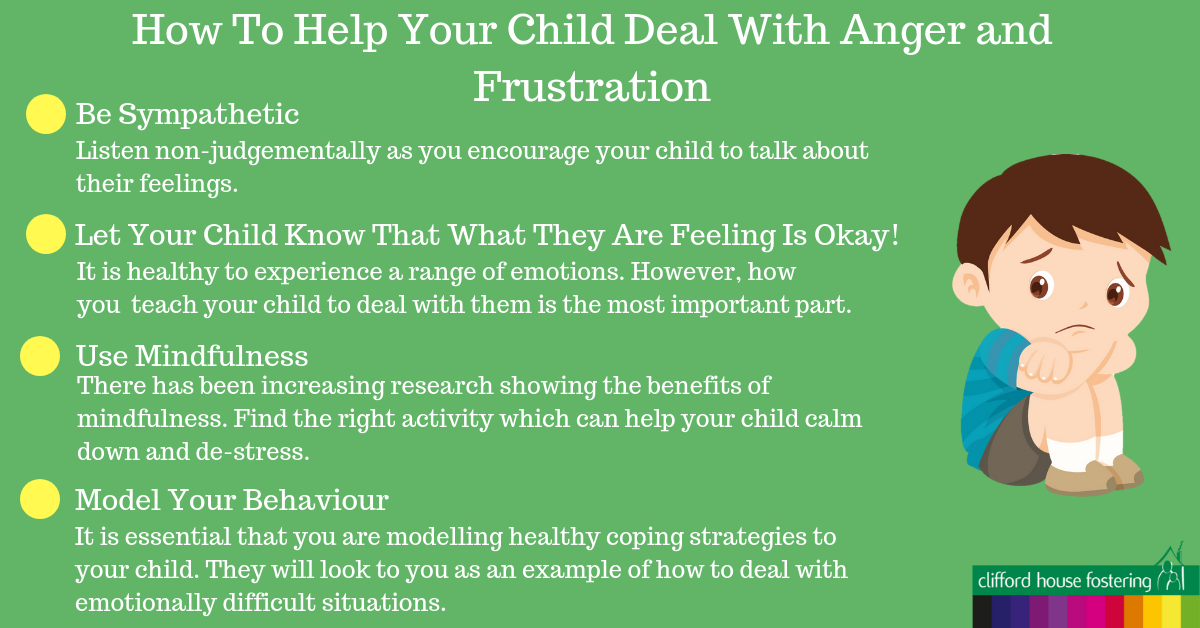
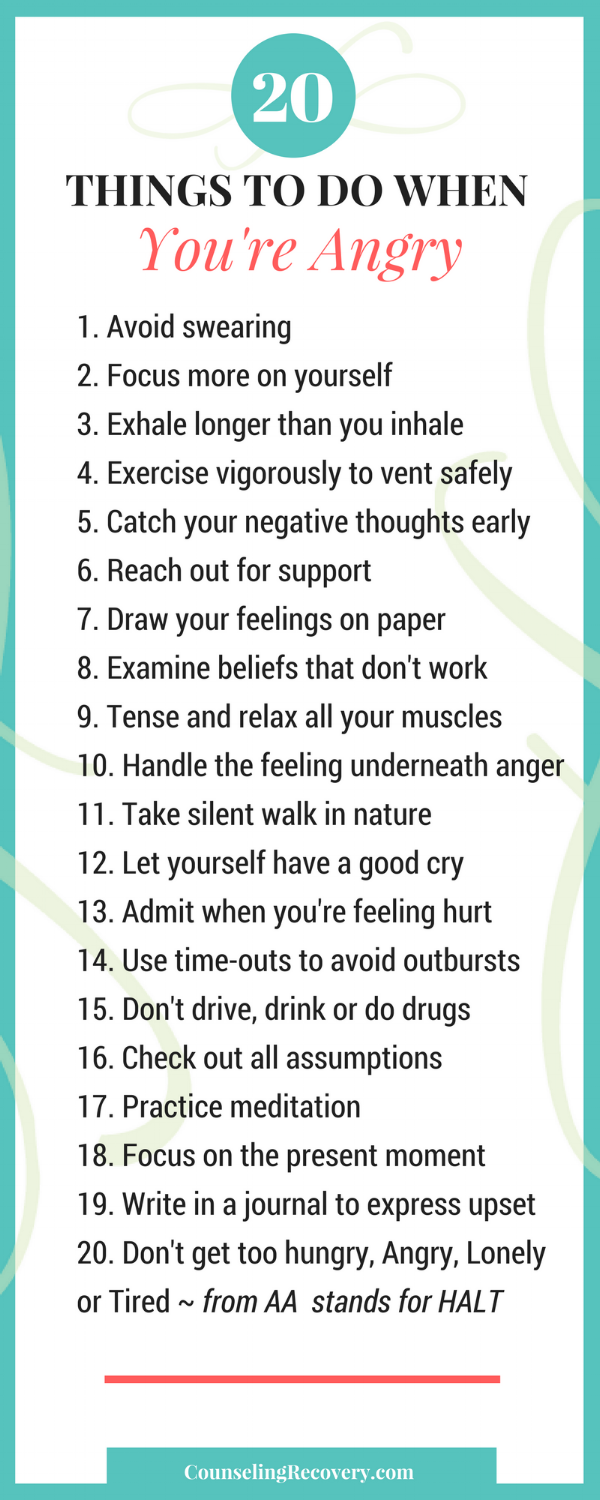
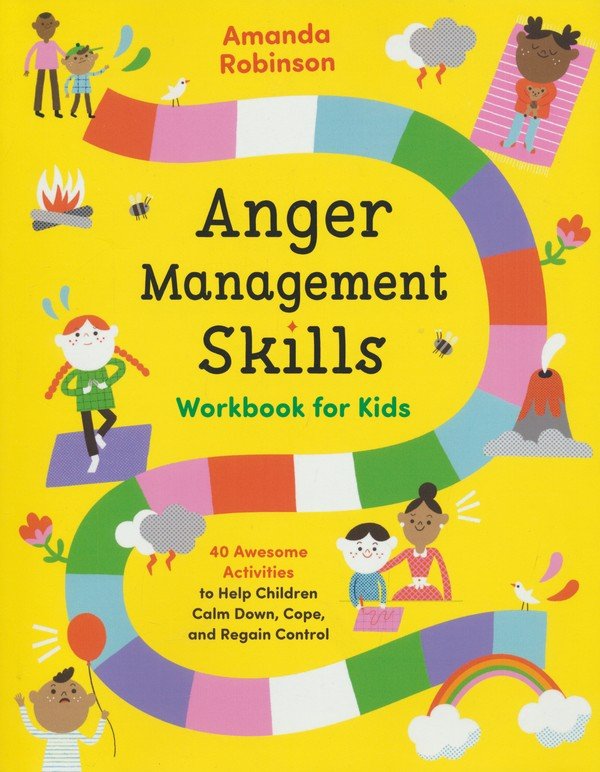


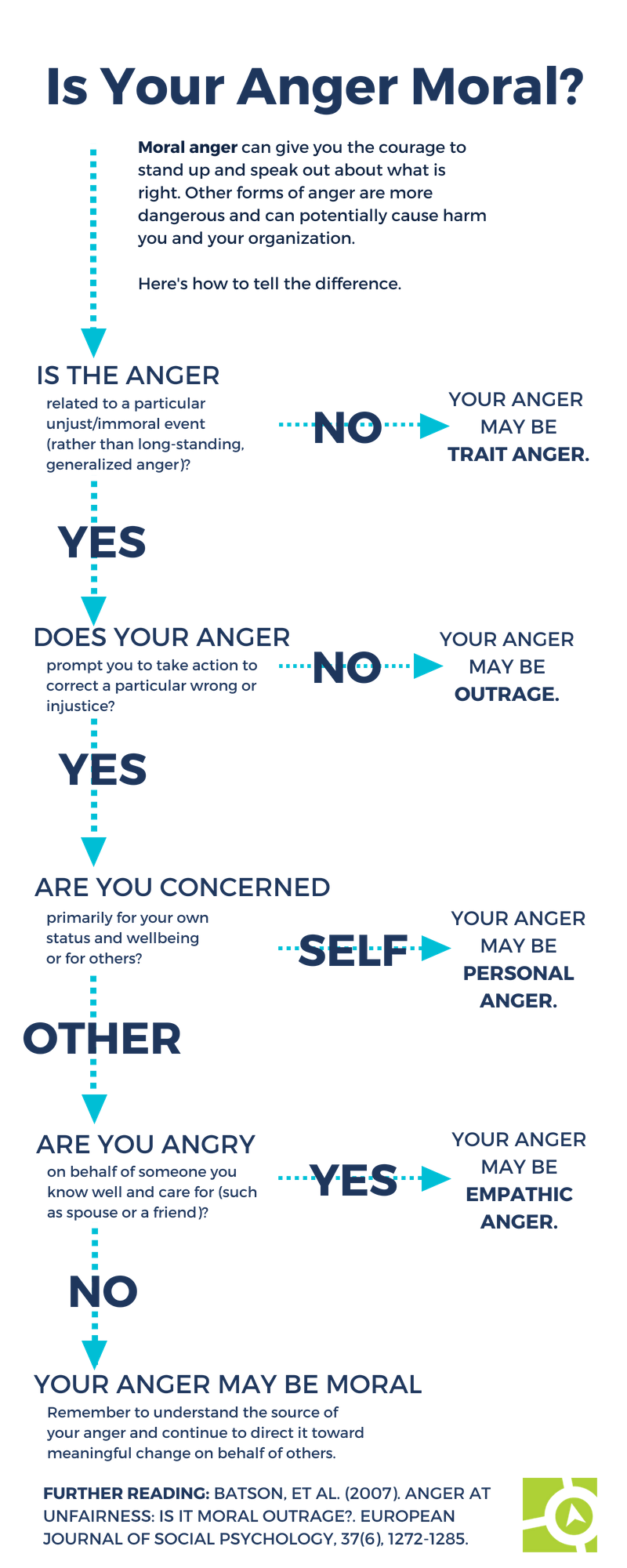

:max_bytes(150000):strip_icc()/anger-management-strategies-4178870-final-2a4e9e9e33cc4399b2995c69a46cf84c.png)
